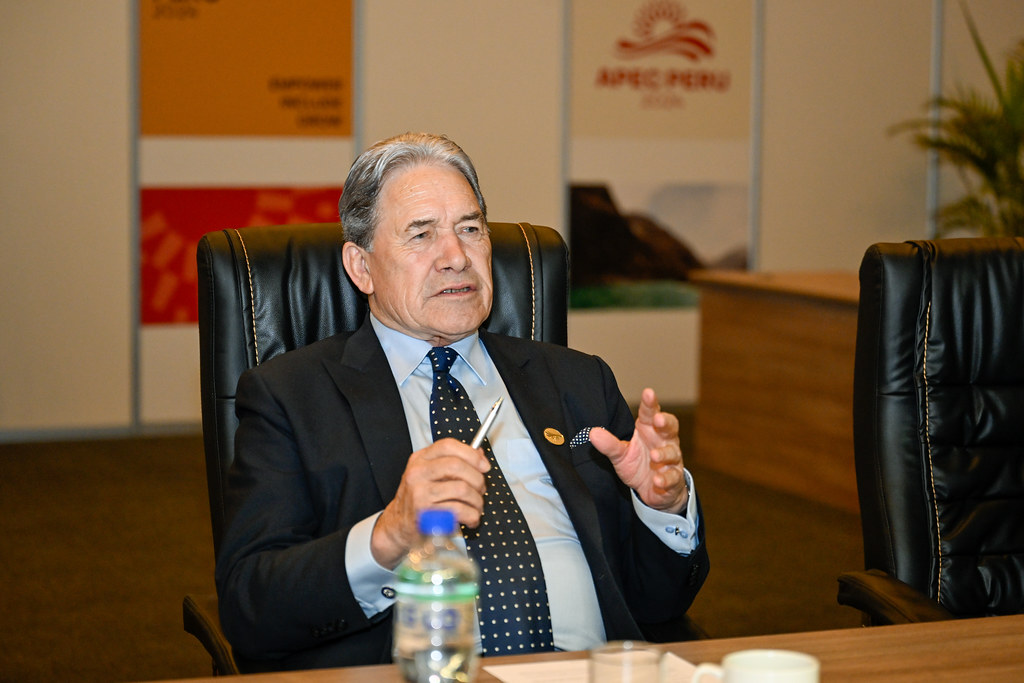In North Waziristan, Pakistan, the date May 28, 2018, is remembered as a significant milestone when the country’s Parliament passed the 25th Constitutional Amendment. This legislation abolished the long-standing Frontier Crimes Regulation (FCR), thereby merging the Federally Administered Tribal Areas (FATA) with Khyber Pakhtunkhwa (KP). This move was celebrated as a transformative step towards ending over a century of political and legal marginalization faced by the residents of the region.
The merger was anticipated to bring about equal rights, judicial access, enhanced security, and improved infrastructure for the inhabitants of FATA. Local advocates such as Najibullah Wazir expressed optimism, believing that they would finally gain recognition as full citizens. “We hoped for development, justice, and peace,” he recounted, reflecting the aspirations that accompanied the merger.
However, nearly seven years later, many of those expectations remain unfulfilled. Reports from the region indicate a growing sense of betrayal among the residents, who feel that the promises of stability and development have not materialized. The past few years have seen increased insecurity, particularly following the Taliban’s resurgence in Afghanistan in 2021, which has reignited cross-border militancy. Many local voices now emphasize that their primary concern is security, as they find themselves caught between armed groups and military operations.
The initial hopes for rapid development have been overshadowed by the reality of incomplete infrastructure, insufficient public services, and under-resourced judicial and law enforcement systems. Observers note that bureaucratic delays, political indecision, and a lack of adequate funding have plagued the implementation of the merger’s promises.
“We were betrayed,” Wazir stated bluntly, as the community grapples with the harsh realities of daily life amid rising violence and instability. The previous colonial governance structures have left a legacy that still impacts the region, with many residents now questioning the effectiveness of the new systems meant to replace them.
International aid reductions have further complicated the situation, curtailing vital stabilization projects that were intended to support the transition. The structural challenges faced by the region are underscored by ongoing calls for reforms that are yet to be realized, as the people of FATA continue to seek effective governance and security.
Historically, the area has been shaped by its strategic location and colonial history, which established a unique administrative system. However, the recent merger aimed to integrate FATA into the broader national framework, offering political representation and rights that were previously denied. Despite this, the slow pace of reform and inadequate support from both federal and provincial governments has left many residents feeling neglected.
The merger process included plans for a 10-year development program, yet funding shortfalls continue to hinder progress. Local leaders have expressed frustration at the lack of resources allocated to the Newly Merged Districts, with many citing systemic issues that perpetuate the status quo of disenfranchisement and underdevelopment.
Amid the increasing frustration, some factions are calling for a reversal of the merger, arguing that the previous system could offer more localized governance. However, experts warn that such a move could exacerbate security challenges, potentially leading to a resurgence of ungoverned spaces that could be exploited by militant groups.
As the region navigates these complex challenges, the future of the merger and the stability of the area remain uncertain. For many in North Waziristan, the promise of a brighter future seems to be fading, replaced by the harsh realities of insecurity and unfulfilled expectations. The situation calls for urgent attention and action from authorities to ensure that the hopes of the people are met with tangible outcomes.



